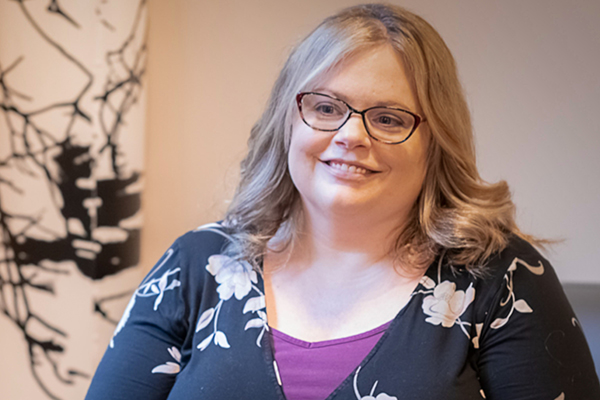
Counselling Services for Anxiety
Do you feel anxious in a way that’s out of proportion to the situation that caused it? Counselling can help you balance anxious thoughts, and understand when anxiety is normal.
What is anxiety?
Anxiety is characterized by feelings of unease, nervousness, apprehension, and even fear.
You may feel anxious about a future uncertainty, like the anticipated outcome of an upcoming job interview.
You could also feel anxiety over a past problem that you’re ruminating over. Thinking about someone's perceived opinion of you, or how you acted in a specific situation, could also lead to feeling anxious.
Anxiety is your body’s natural response to stress. But if your apprehension and worries often seem out of proportion to the situation, counselling can help.
Anxiety disorders, on the other hand, occur when your emotions are out of proportion with the reality that caused these feelings.
Consider the differences between thinking “There is a bear!” and “There could be a bear!” If you see a bear, it’s probably smart to feel anxious and on high-alert! But if you’re constantly worried that there could be a bear, you’re probably going to feel overwhelmed or even paralyzed.
Anxiety disorders can come in many forms:
- Excessive worry
- Social anxiety
- Specific phobias
- Generalized anxiety
- Agoraphobia
- Panic attacks
Anxiety disorders are surprisingly common. In fact, studies suggest that roughly 1 in 10 Canadians suffers from an anxiety disorder.
If your feelings of anxiety no longer match what’s happening in reality, it’s probably time to take action.
“You don’t have to control your thoughts. You just have to stop letting them control you.”
Dan Millman
What symptoms may indicate anxiety?
If you have an issue with anxiety, you probably have abnormal and overwhelming feelings of dread, unease, and worry.
Everyone is unique, and we all experience emotions like anxiety in our own way. However there are some common indications of anxiety, such as:
- Experiencing strong emotions such as fear and dread
- Experiencing racing or negative thoughts
- Finding yourself avoiding people and situations that make you anxious (a short-term reward that actually reinforces the anxiety)
- Fear of places and situations that might cause you to feel trapped, helpless, or embarrassed.
You may also experience physical sensations such as:
- Rapid breathing
- Increased heart rate
- Sweating
- Restlessness
- Sleep disturbance
- Change in appetite
During counselling, we’ll talk about your particular struggles with anxiety, and work on developing a plan to improve your relationship with this emotion.
Self-screening for anxiety
If you are interested in learning how anxiety may be affecting your well-being, you may wish to complete a screening test. Here is a link to online screening tests for anxiety and other mental health issues, provided by HereToHelpBC:

How can counselling help treat anxiety?
During your counselling sessions, we will work together to develop a treatment plan to help you overcome anxiety issues. You plan custom-made around your situation, experiences, and goals.
You will set the pace. I may nudge you to try new things, but I will never push you to go beyond what you feel is a healthy challenge.
Your custom treatment plan may include:
- Psychoeducation to better understand what is causing the symptoms
- Decreasing unhealthy thinking and increasing positive outlooks
- Improving your coping skills, emotion regulation skills, and distress tolerance
- Exploring your inner resources and the support networks that you have available
- Setting goals to address worries, fears, and avoidance
Tanglewood offers in-person and remote counselling to help you understand and overcome anxiety. Start with a free phone call, with no obligation to continue.
